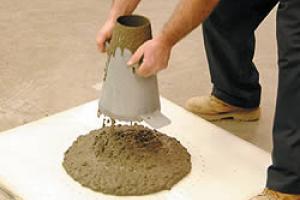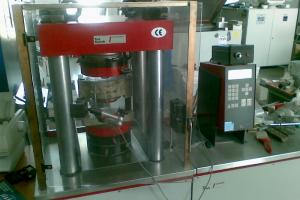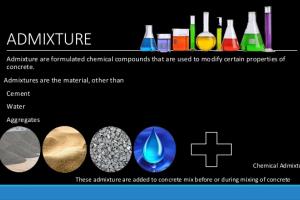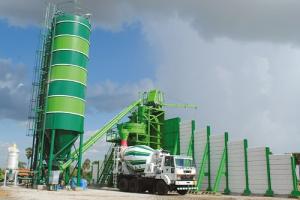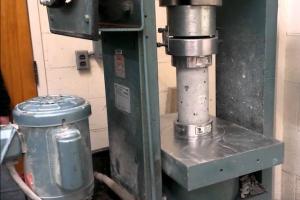Why to Study the Strength of Concrete

Strength is the ability of a material to resist an induced amount of stress that would make it fail, generally expressed in pounds per square inch (psi) or megapascals (MPa). It is one of the most important properties of concrete, especially for designers and quality control engineers. It is important because of:
- The simplicity of the routine strength tests
- The strength value gives an indication of overall quality and uniformity.
- Its ability to provide a load-carrying measure useful for design strength purposes
- the fact that other technically important non-strength properties, such as modulus of elasticity and flexural strength which are measured by more complicated tests, can also be related to strength.
The most analyzed and in a sense the most important mechanical property of concrete is its compressive strength. Compressive strength is directly proportional to concrete’s other positive qualities. Concrete with high compressive strength is occupied, hard, water resistant, unreadable, and resistant to other outside effects. By determining concrete’s compressive strength, a general evaluation about concrete’s quality can be reached.



